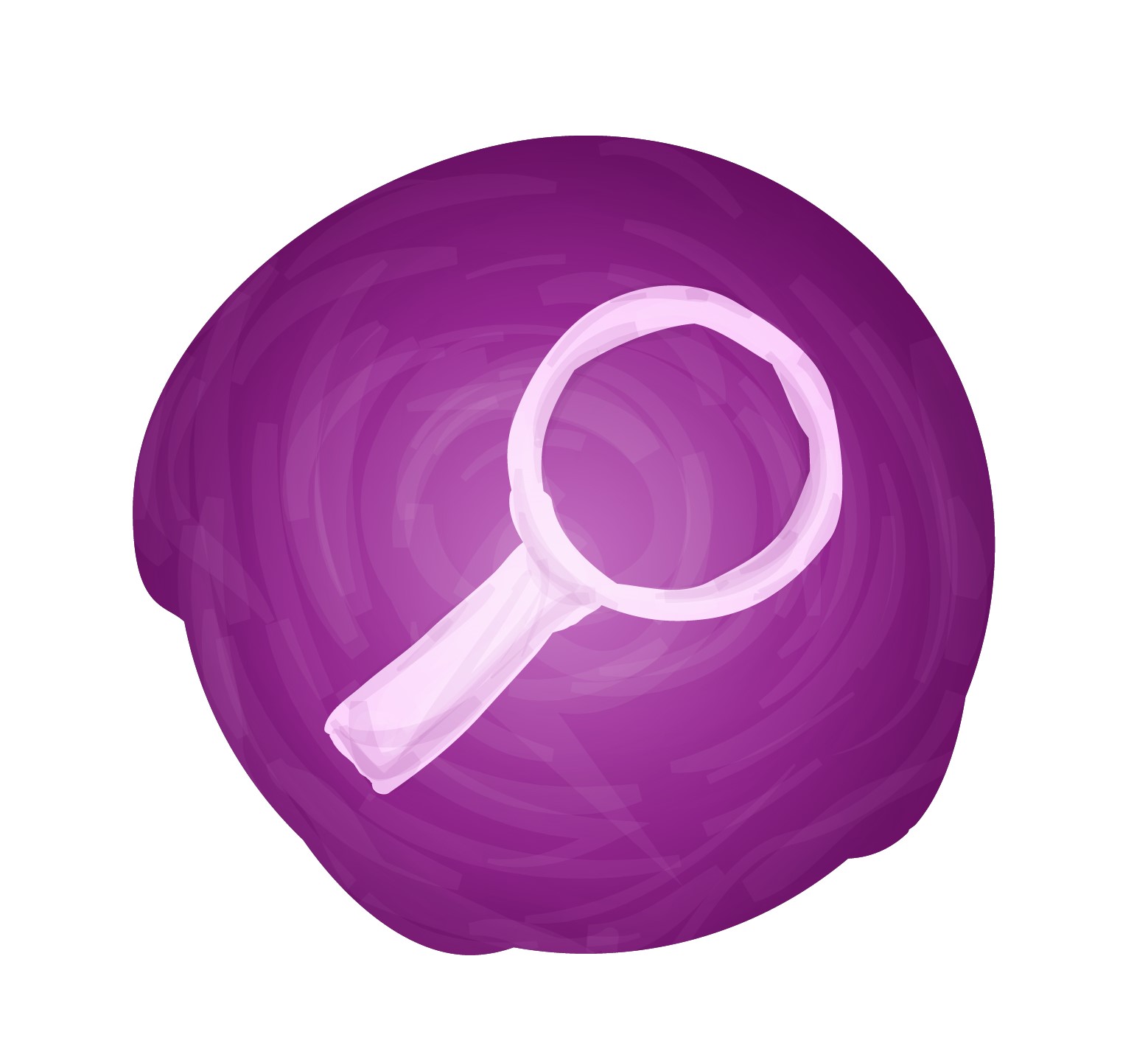Influencer Marketing

(1) How to become an online influencer?
(a) Create Relevant and Unique Content
Sync up your audience’s interests with your area of expertise to create content that answers common questions, solves a problem, entertains or enlightens. Also content variety and using different types of content is very important. Not everyone likes to read an 800 words post. Not every visitor will be in a mood to watch your video. Not everyone goes to office with an ear phone to listen to your podcasts. Hence, play with content types and don’t be stereotype.
Do something epic — even if it’s epic on a micro scale. One great project will open doors you didn’t even know existed. The simplest way to do something epic? Create some interesting, and genuinely useful content. And yes, a great blog absolutely counts.
(b) Be Ubiquitous
Have a presence on many relevant social media channels and ensure each profile is customized with easily recognizable personal branding and consistent tone across all profiles. You just can’t be on 1 single social network and become an influencer.
(c) Be Helpful to Others
One thing that helps one become influential is to work on helping others rise up. By answering questions or directing your connections to useful information, you will not only help others grow their network by sharing the spotlight with them, but you will also grow your network
(d) Update Social Networks Frequently
The News Feeds and streams of Facebook, Twitter, Google+ and other social networks are to be continually updated.
(e) Make Time to Find New Connections
While social listening helps you find who is most influential within a specific industry, the recommendation engines within popular social networks like Twitter and Facebook can be extremely helpful in finding additional connections. Twitter’s “Who to Follow” and “Similar To” suggestions are incredibly helpful in finding people akin to those you already follow and trust.
(f) What measurements can be applied in identifying an influencer?
When identifying influencers for a product launch, awareness campaign or other call to action (for engagement at a later stage), you need to consider the following:
- The number of followers / fans that person has
- How often do they use their social presences? How many posts per day/week?
- How often do they mention brands? Which brands?
- How likely are they to mention my brand / product?
- How many replies / comments do they receive when reviewing or talking about a brand?
- Are they generally positive, neutral or negative about brands within my industry?
(g) How can you find an online influencer?
Thinking about the metrics above, there are some useful tools listed below to identify online influencers:
- Search via conversational data: Using a social media listening tool, such as a Brandwatch or Radian 6, along with the appropriate keywords, you will be able to identify the commentators who speak most vibrantly in the space. Cross-check their profiles against the number of followers and the topics that they cover, and you’ll soon have a list of influencers in a particular group. Keep your keywords narrow with niche fields or broad for a larger view of the landscape.
- Google / Twitter search: Insert keywords / phrases into the search engine of the platform. For Google, choose blogs or discussions and for Twitter look at tweets and people.
- FollowerWonk: a great (and free) website that allows you to find influencers according to the keywords that they use within their Twitter bio by location. Reorder the data by the number of Twitter followers or number of tweets that they have posted.
- Pre-existing lists: By inserting a phase like “top personal finance bloggers” into Google, a list such as this one from Cision will appear. Or this one from The Guardian, when looking for the “top sustainability influencers in America”. These lists are great and require the least amount of manual work, however, it’s worth remembering that every brand / agency uses these, and the bloggers / tweeters on them tend to be harder to engage.
Always remember…Being popular is not being influential.
The reason that I mention this is simply because while it would be easy to say that Justin Bieber is influential because he has a large quantity of followers on Twitter, it wouldn’t be right. Yes, he is influential amongst a younger female audience in relation to pop music, but his credibility would dramatically drop (questionably, even further) if he aired his views on politics or tried to appeal to soccer fans (subjects he would not be conversant about). A person simply isn’t able to be an influencer in every topic, and that’s why popularity is different.
Influence is…
Being able to convince or positively change the behaviour of a specific target audience around a particular topic. So, being a generalist isn’t possible anymore.
